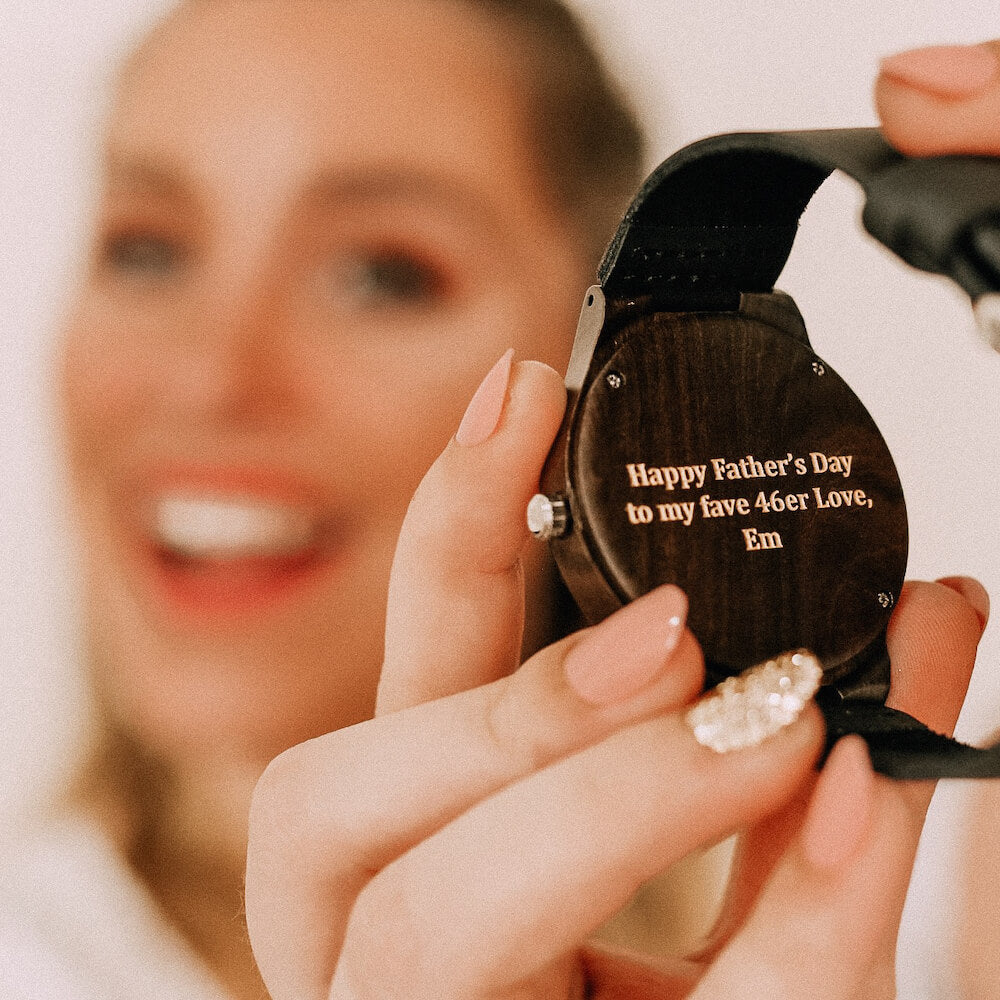
Happy Monday, Treehutters! Today, I want to give you a quick lesson on Japanese / East Asian language and culture that you can share with your friends and family. Hopefully, your Monday will feel a little less boring after reading this and more inspired instead.
o(〃^▽^〃)o
March 14 is bustling with holidays, perhaps more than any other day of the year. There’s Pi Day (can anyone recite π’s numbers past 3.14159?), Steak and a BJ Day (a holiday made by and for men), and even #NationalNappingDay. However, the most romantic and sentimental holiday on March 14 is White Day. This Valentine’s Day ‘sequel’ is celebrated in Japan (ホワイトデー; howaito dei), Korea (화이트데이; hwaiteu dei), and Taiwan.

In these countries, Valentine’s Day is neither a mutual celebration of love nor a corporate sponsored holiday that sells unnecessary chocolates and cards. Rather, on February 14, girls give their friends and crushes (of any gender) chocolates and sweets as an expression of either courtesy or love.
In Japan, courtesy gifts are called giri-choko (義理チョコ). Usually, these are given to friends, bosses, or acquaintances. They are intended to thank one for their kindness and friendship. Examples and the underlying meanings include:
Marshmallows: Rejecting Someone’s Feelings for You
Girls can also give Valentine’s Day gifts as a symbol of love -- these are deemed honmei-choko (本命チョコ).

Cookies: “I like you.”
Chocolate Candy, Jellies, etc.: “I love you.” The more intricate the candy, the greater the romantic feelings.
On White Day, gender roles are reversed. On this day, men are expected to present something to anyone that they received a gift from on Valentine’s Day. To their giri-choko, or courtesy, gifters, they can simply give white chocolate in return, expressing their platonic love.

If men want to reciprocate their feelings, however, they cannot return a gift of equal value to their crushes or significant others -- this is interpreted as a non-verbal breakup. Thus, White Day can truly be a drain on one’s finances. According to the unspoken rule of sanbai-gaeshi (三倍返し), gifts of love must be three times as expensive as the honmei-choko. Thus, boys often struggle to find the right gift, one that couples money and affection.
Despite the romantic appeal of White Day, it is actually a relatively recent holiday. The National Candy and Confectionery Industries Association ‘created’ the holiday in 1980 to mitigate the guilty feelings of men who received more chocolate than they could eat on Valentine’s Day. But don’t let the history of White Day ruin its sentimentality for you! Since it’s inception, it has emerged as one of the most revered romantic holidays in the world. What’s cuter than telling someone you love them via food?

A Treehut watch would actually be the perfect Valentine’s Day or White Day gift. Hint hint.
A very happy White Day from Treehut! Let’s bring this beautiful celebration to other parts of the world.
For more fun facts, follow us on Instagram (@treehutco) or Facebook (treehutdesign).



























